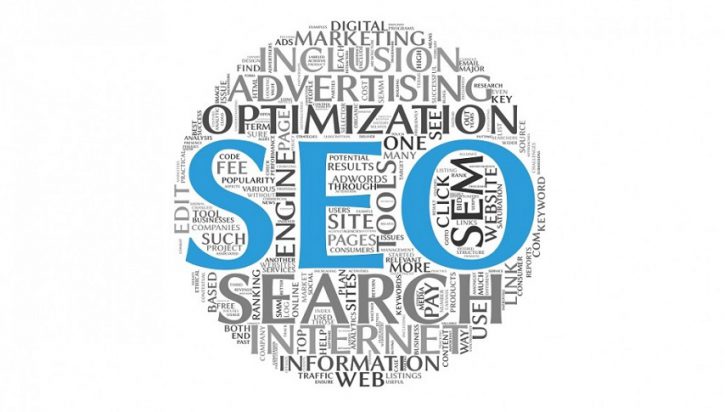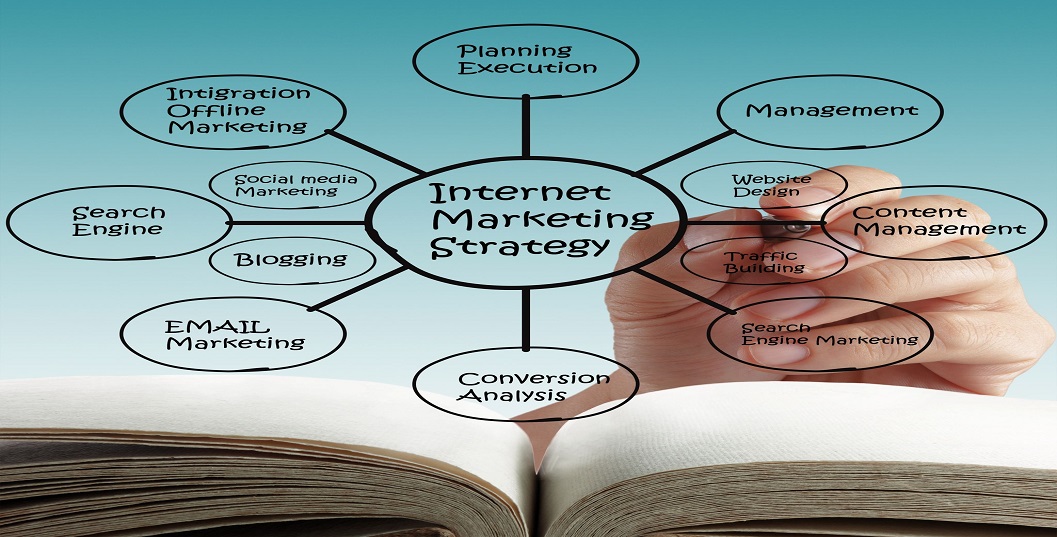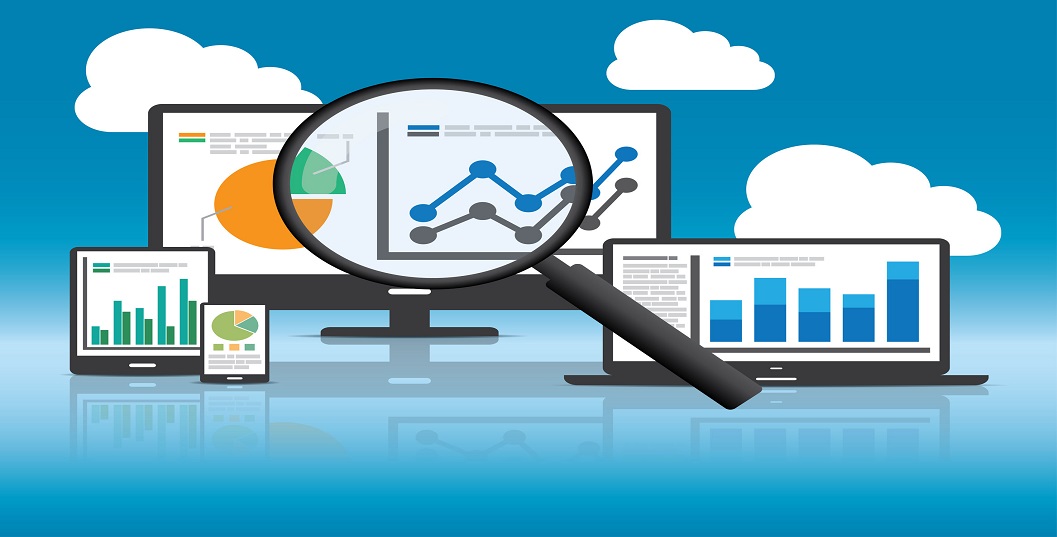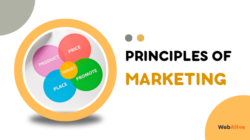
30 Essential Search Engine Optimisation (SEO) Terms Every Marketer Should Know
SEO is a huge deal in the online world and can make or break the success of a website. As more and more businesses are creating their online presences, the competition for ranking among search engine’s top positions is becoming fiercer every day. Here we’ll take a look at the basic things you need to know in regards to SEO.
SEO
SEO is the process of optimising your site to improve it’s ranking in search engines. If sites are ranked in the top 10 or even in the top 20 there will be a greater chance of people finding and using their products and services, so optimising for search engines is essential to increase traffic to a site. SEO puts the right signals and information in pace so the site is more likely to be indexed and rated favourably by the search engines.
SEM
The term Search Engine Marketing (SEM) encompasses lots of research on competitors and industry leaders along with SEO and paid listings including PPC and AdWords that help increase the visibility of your site and therefore the traffic coming in.
PPC
Pay Per Click (PPC) is a form of advertising, which is designed to grab the attention of those searching online. Google AdWords is a perfect example of PPC advertising. With Google AdWords advertisers are required to submit their keywords and nominate the amount of money they want to pay every time someone clicks their ad – this is referred to as the cost per click or CPC.
The higher the bid, the higher the ad will be positioned in the search results. Keyword value varies immensely depending on how many people are competing for the same word or phrase so it is advised to keep the phrases and words as relevant as possible.
Optimised pages
Optimised pages are crucial to successful SEO campaigns. These pages may rank higher than the home page because if searchers look for a particular subject, the most relevant page of your website will rank the highest and therefore will have the highest chance of conversion.
It’s not enough to pack all of your keywords into a couple of sentences anymore. Optimised pages need serious thought before implementation. To rank well in Organic search results, optimised pages need the correct kind of meta and header tags, the right amount of quality unique content, good URL structure, links out and visual elements.
Landing page
Typically used in PPC campaigns, landing pages are designed to be most relevant for specific campaigns. They are more targeted than home pages and often will be for very specific products or services that relate to the keyword or phrase targeted in the AdWords or PPC campaign.
Analytics
Analytics is absolutely essential if you want to manage and track your site’s progress. These programs are designed to gather, analyse and present data about visitors to your site, how long they stay and the bounce rate. One of the most used analytics programs is Google analytics which is loaded with features and is completely free.
Meta tags
Metadata is the data on your site that tells search engines what your website is about. Under this heading come meta descriptions, meta keywords and tags that are within the header section (invisible to site visitors). Meta tags are displayed in search engine results below the page title as a sample of the content of the page.
These are some of the most important terms used in SEO, but it can be useful to review a number of other terms you may come across as well:
Alt Text –In best practice this is used to describe the image so that site visitors who are visually impaired are able to have their specialised software describe the site correctly.
Anchor text – The link text that is visible to the user. These are often used by search engines to determine the relevancy of the referring site and of the link to the content on the landing page.
Page Authority –A page’s authority is based on a variety of elements that indicate how genuine the site and page is including inbound and outbound links from other trusted sites.
Algorithm – Search engines use these programs to determine how to rank pages for any given search. These are regularly updated, so it is important to pay attention to any updates released.
B2B – Shorthand for ‘Business to Business’; basically encompasses any transactions between businesses rather than from business to customer.
B2C – Shorthand for Business to Consumer; refers to the transaction of goods or services between a business and the end consumer.
Bot – Also known as Crawler or Spider, these programs are written to automatically scour the internet for various reasons. Search engines use bots to index the millions of web pages online and rank them according to their algorithm.
Bounce Rate – A measurement of visitors’ engagement with the website. In essence, it is a measure of how effective the site is at capturing its audience.
Black Hat SEO – SEO tactics that stray from search engine’s code of conduct such as spamming, creating false visits and keyword stuffing; also known as ‘Spamdexing’.
Conversion Rate – The number of site visitors successfully turned into customers or clients. Ad clicks, sign-ups, and sales are examples of conversions.
CPC – Stands for Cost Per Click; refers to the amount of money paid for a single click with a PPC advertiser.
Inbound Link – Also known as backlinks – an incoming link to a website or webpage. The number of backlinks can indicate the importance of a page and directly influences search engine rankings.
Internal Link – Links within a website, for example, links between your home page and your contact page.
Keyword/ Key Phrase – A phrase or word that users enter into a search engine.
Keyword Density – The percentage of keywords on any particular web page. Overuse of keywords on a single page is referred to as keyword stuffing which is heavily penalised by search engines.
Link building – Also known as link acquisition, this refers to the process of creating a stable number of backlinks from sites with high authority to improve search engine rankings.
Long Tail Search – Longer search terms that often have lower competition for high ranks. For example, a search for “web design” might be very broad while “custom e-commerce web design South Yarra” would be a long tail search.
Natural/Organic Search Results – Search engine results that are not sponsored or paid for in any way.
SERP – Stands for Search Engine Results Page, any page that is displayed in response to a query by a searcher.
Sitemap – A list of pages of a web site accessible to crawlers or users. For SEO purposes an XML sitemap should be kept in the root directory of a site to help search engine bots find all the pages of the site.
Social bookmark – A social bookmarking service is a centralised online service which enables users to add, annotate, edit, and share bookmarks of web documents, e.g., Pinterest, Digg, Delicious and Reddit.
URL – Uniform Resource Locator, also known as your web address.
White Hat SEO – SEO techniques that conform to best practice guidelines and search engine’s code of conduct and do not stray into spamming techniques.
You read a lot. We like that
Want to take your online business to the next level? Get the tips and insights that matter.





